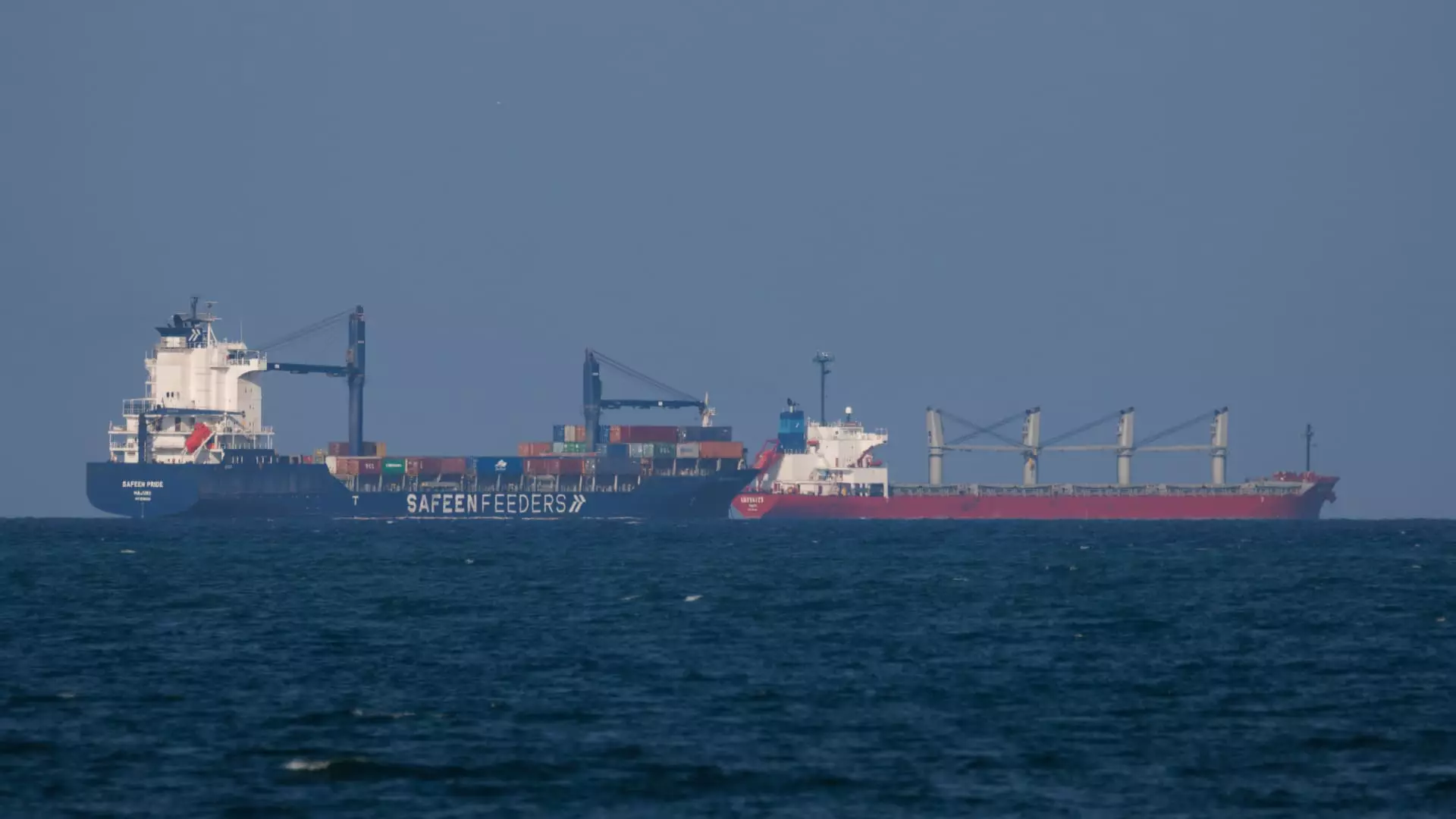Trafigura, a leading commodities trader, is currently assessing the security risks associated with further voyages in the Red Sea. This comes after a recent attack on one of their tankers by the Houthi group in Yemen. The U.S. Navy and other vessels provided assistance to the tanker, highlighting the growing concerns over security and safety in the region. In response to the increasing threats, some shipping companies have suspended transits through the Red Sea, opting for longer and costlier journeys around Africa to avoid potential attacks. This article explores the risks and challenges faced by Trafigura and shipping companies in the Red Sea.
The Houthi group, backed by Iran, has been targeting container vessels in the Red Sea with waves of exploding drones and missiles since November 19. This has led to growing security concerns among shipping companies and prompted some to suspend transits through the region. The attacks pose a significant threat to the safety of crews and vessels. As a result, Trafigura and other companies are carefully assessing the risks involved in any voyage, prioritizing the security and safety of their personnel. QatarEnergy, the second largest exporter of liquefied natural gas, has already stopped sending tankers through the Red Sea due to security concerns.
Recently, the Marlin Luanda, a Marshall Islands-flagged tanker, was attacked by a Houthi anti-ship missile. The crew of the vessel battled a blaze in one cargo tank for several hours before successfully extinguishing it. Fortunately, all crew members were reported to be safe. The Marlin Luanda is now sailing towards a safe harbor, with the firefighting efforts supported by Indian, U.S., and French navy vessels. This incident underscores the dangers faced by Trafigura and other companies operating in the Red Sea.
The U.S. and British military have responded to the Houthi attacks on shipping with retaliatory strikes against Houthi forces. They have carried out airstrikes and targeted missile launch sites to protect merchant vessels and their own navy ships in the region. Additionally, other countries, such as India, have deployed their naval assets to assist in rescuing distressed vessels in the Red Sea. The coordinated efforts of various nations highlight the international concern over the security situation in the area.
The attacks on container vessels in the Red Sea have had significant implications for global trade. The route through the Red Sea is a crucial passage for many shipping companies, connecting Europe, Asia, and the Middle East. By suspending transits or opting for longer, costlier journeys around Africa, shipping companies are disrupting the efficiency of trade routes and increasing costs for themselves and consumers. This situation calls for a comprehensive and coordinated international effort to address the security risks and ensure the smooth flow of global trade.
The risks and challenges faced by Trafigura and shipping companies in the Red Sea demand immediate attention. The increasing frequency of Houthi attacks on container vessels poses a threat to the security and safety of crews and disrupts global trade routes. It is crucial for companies and governments to collaborate and devise effective strategies to mitigate these risks and ensure the smooth and safe passage of vessels through this vital maritime corridor. The international community must work together to bring stability and security to the Red Sea, protecting both the interests of businesses and the welfare of seafarers.

Leave a Reply